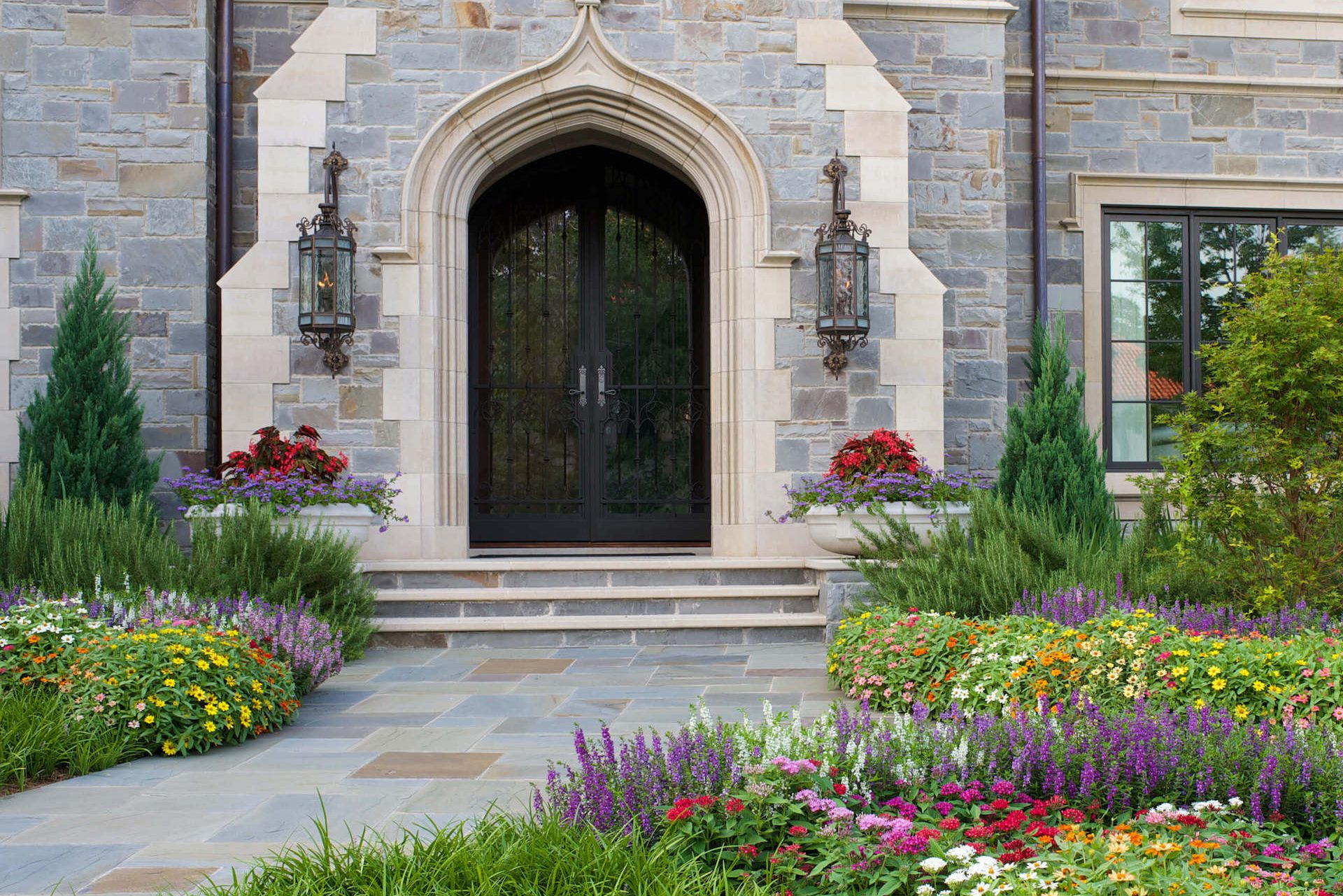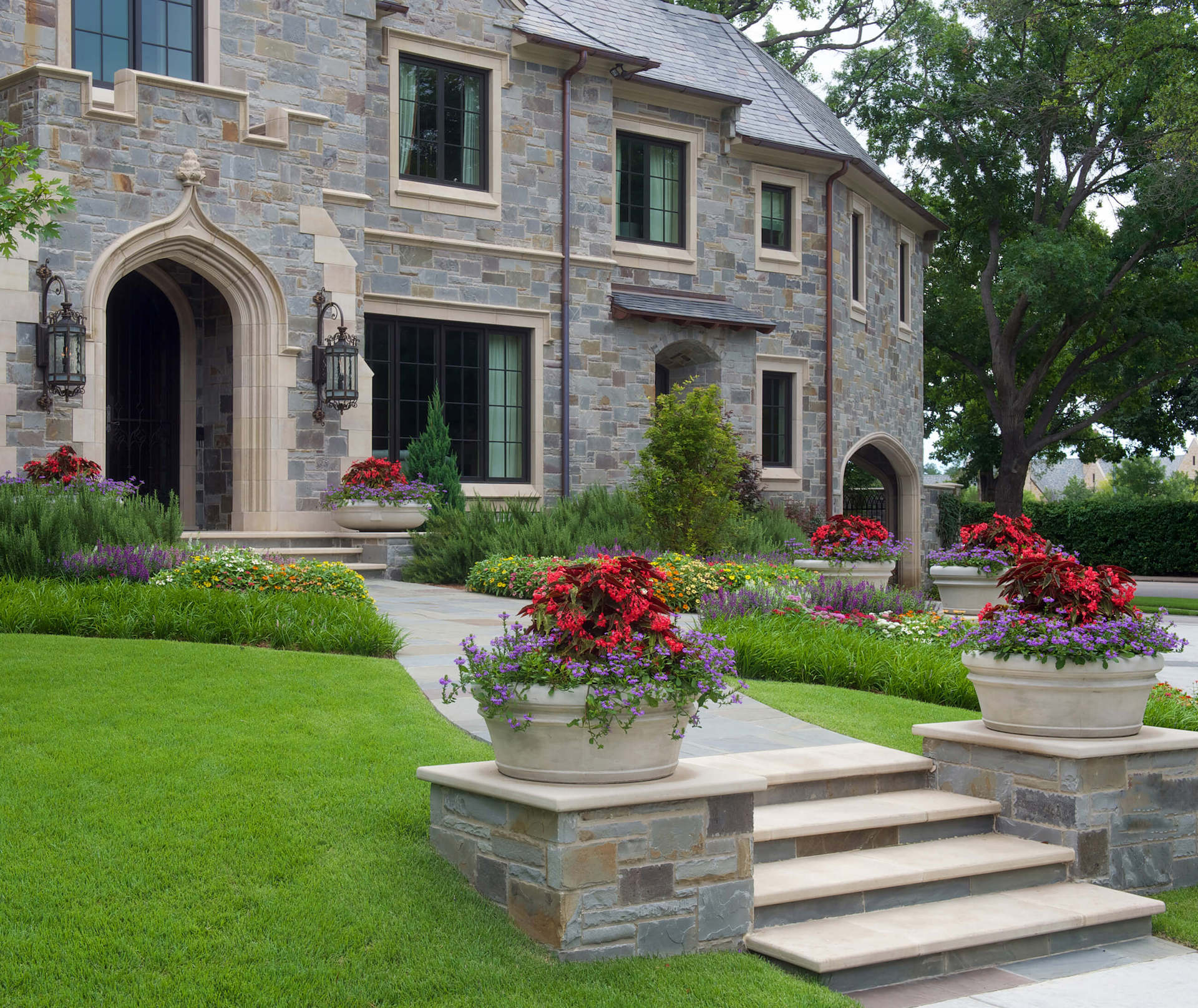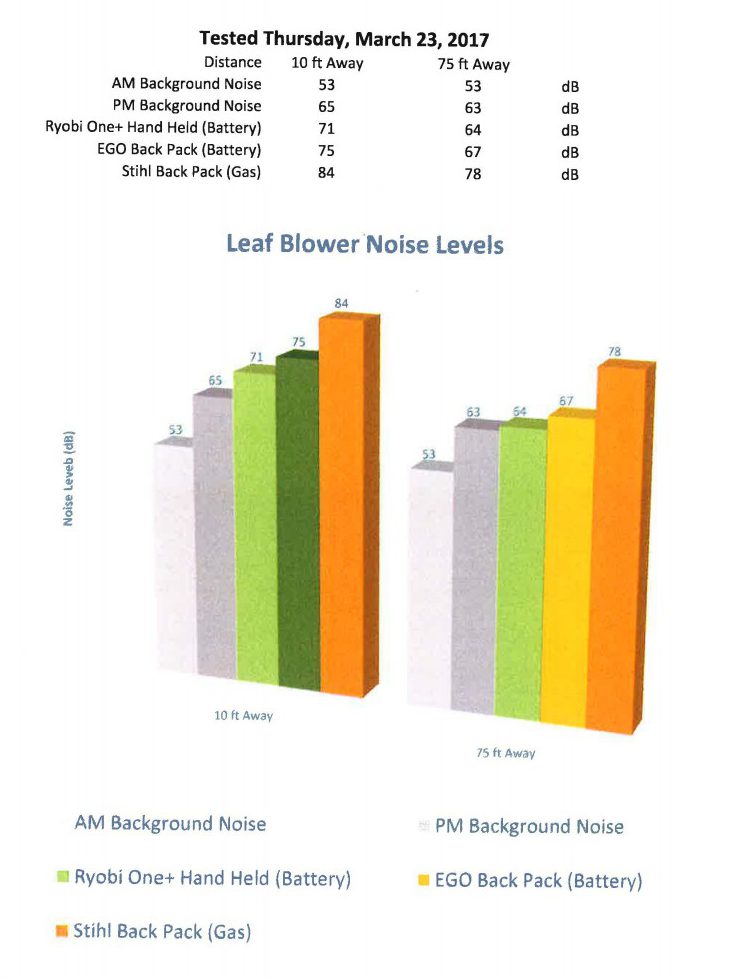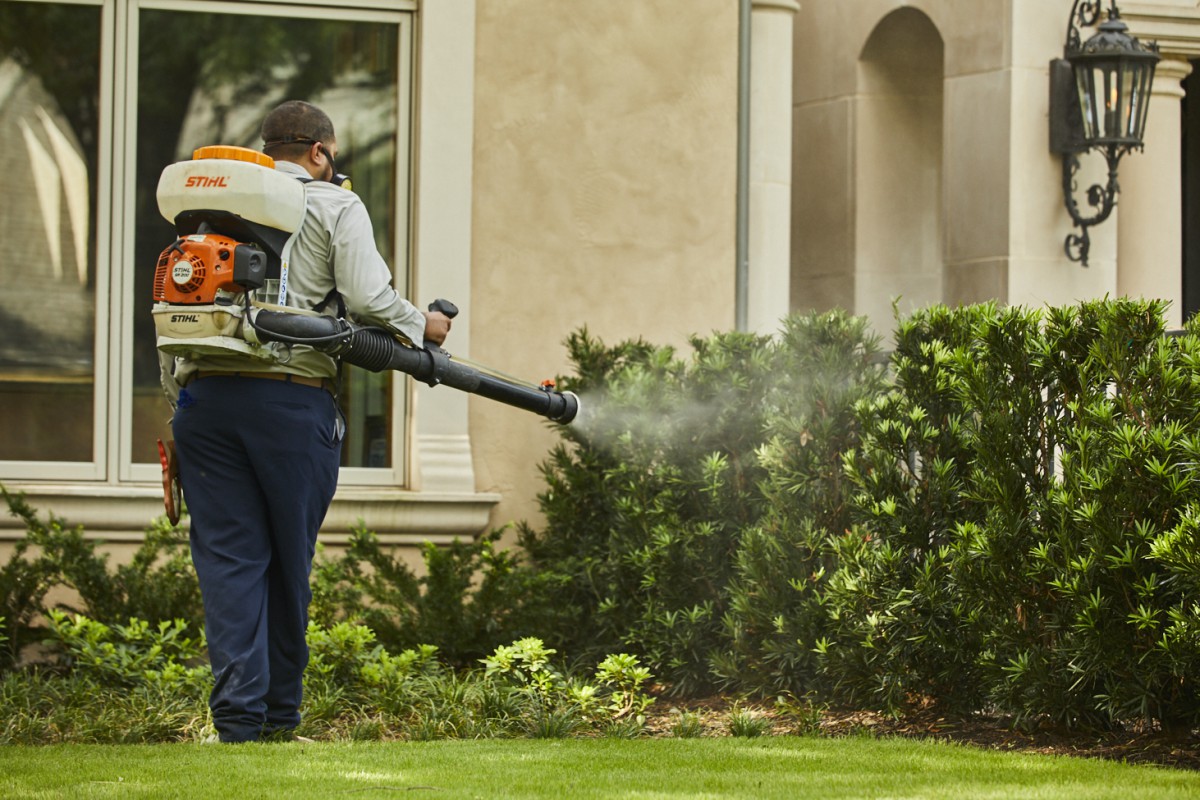
What Does Being Green Really Mean?
Sustainable Landscaping Practices (Part 1)
Leaf Blowers: Preventing Air and Noise Pollution
This past week, the Town of Highland Park invited Bonick Landscaping and other industry professionals serving the area to discuss leaf blowers and practical ways in which we could positively contribute to the sustainability efforts of our local community. Since we maintain the residences for many Highland Park clients, we were thrilled at the opportunity to engage in such a hot topic discussion. We’re excited to share our sustainable landscaping practices with our blog community and help our beloved town carry out its efforts to reduce air and noise pollution.
What is Sustainability?
There is a lot of talk about sustainability and being green, but just what is sustainability, anyway? According to our government’s Environmental Protection Agency (EPA), sustainability adheres to the basic principle that “Everything that we need for our survival and well-being depends, either directly or indirectly, on our natural environment.” Basically, it’s about how humans and nature can peacefully and productively coexist.
So, how does this concept carry over to lawn care and sustainable landscaping? Let’s look at Highland Park for example: Most stunning homes in the once quiet neighborhood boast beautiful landscaping. In order to sustain its lush lawns and fabulous flower beds, frequent upkeep is required. While the entire neighborhood is taking turns maintaining their landscape, loud leaf blowers roar down nearly every block on a daily basis, disturbing the calm and polluting the air. So, how do we make modifications in order to provide the best lawn care and also be good neighbors?

The Leaf Blower Debate
After our meeting, we talked with Kathleen Stewart, Assistant Director of Town Services for the Town of Highland Park, to learn more about what sustainability methods Highland Park was implementing and how we could do our part to help. In our conversation, we learned that Highland Park actually adopted a “half-throttle” program back in 1999. This idea promoted noise reduction through the voluntary operation of gas-powered leaf blowers run at a lower speed when within 150 feet of homes. Nearly twenty years and many technological advances later, we have more options and even greater concern, not only for the noise pollution, but also for the air quality of our environment. Because of this, Ms. Stewart and her team launched another initiative through the evaluation of battery-operated backpack blowers to maintain 3 local parks. As you can see in the graphic below, the two battery-powered backpacks being tested significantly reduced noise levels in comparison with the gas blower.

In summary, with a battery life of 2 hours and an operating speed below 70dB, these backpack units prove promising. Due to the lower speeds, they do require a slightly longer time commitment, however, the benefits of a quieter crew producing less fumes seem to outweigh that slight con. After continued evaluation, Highland Park may consider utilizing the use of battery-operated leaf blowers for all of their parks.
How Can You Help?
If you’re using a leaf blower at home, keep these tips in mind:
- Be courteous and always operate a blower at least 50 feet away from people or pets
- Reduce noise by purchasing a sound-reduced blower or operate your gas blower at half-throttle
- Reduce dust by using a vacuum or power broom before blowing
Learn more about blower best practices.

Considering the switch to a battery-powered leaf blower? Here’s a side-by-side comparison:
High-Powered Gas Leaf Blowers
Pros
- Fast and efficient
Cons
- Contain a high range of harmful gas emissions
- Spread particulate matter (pollen, dust, allergens, and rodent feces)
- Contribute significantly to sound pollution and cause actual physical hearing damage to the operator
- Cause damage the plants we are trying preserve
Battery-Powered Leaf Blowers
Pros
- Lower fumes
- Less noise
- Limited damage to landscape
Cons
- Less power requires a slightly longer time frame to complete the job
- Longer work hours cause a small cost increase to the consumer
How Bonick Landscaping Practices Sustainability
At Bonick Landscaping, we not only care about respecting our neighborhood air quality and keeping the peace, but we also care about maintaining the landscaping. Using a blower at a high speed directs a high volume of air toward the soil. This not only disturbs the soil, but it can also kill roots, causing the landscape to deteriorate.
We are working with our clients to understand that a completely leaf-free landscape is not a healthy landscape. In fact, a well mulched bed with some leaf litter actually helps healthy plants sustain our harsh Texas summers.
Stay tuned: We’ll explore more about mulching and other “earth-kind” sustainable landscaping practices in our follow-up March blog.
More Information
Learn more about the EPA and how you can contribute to a more sustainable environment.
Read about Highland Park’s sustainability efforts and helpful information for residents.